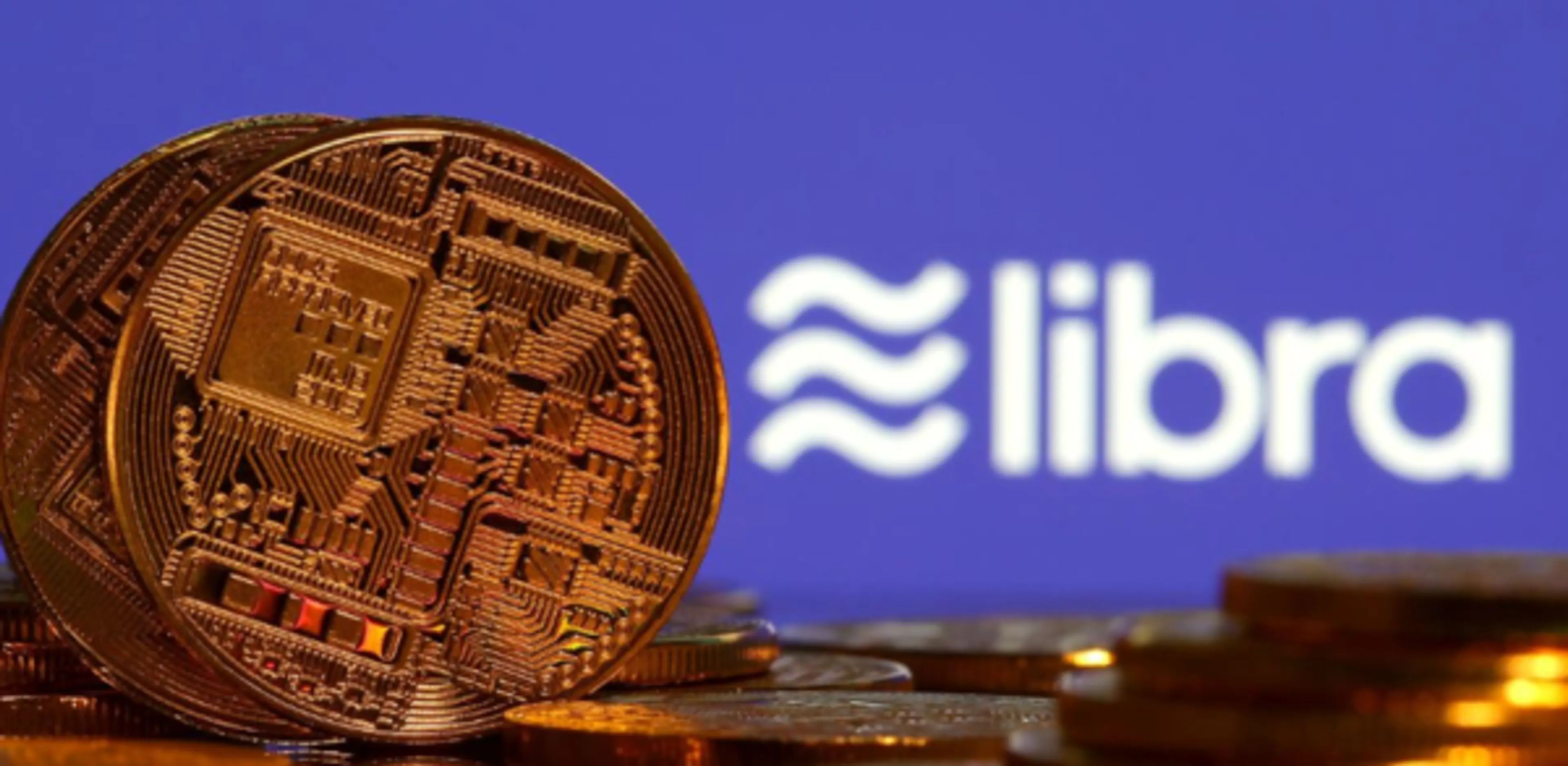Heads up: Our Ideas Factory has been refreshed, levelled up, and grown-up into Alphero Intelligence. Some of our old posts are pretty cool tho'. Check this one out.

- Looking at Libra, Facebook's new cryptocurrency
- Is our trust in paper money decreasing?
- What's the future of currency?
💵 The hot topic on the financial world has been Libra, Facebook’s new cryptocurrency — a topic that was only a rumour back in Issue #3. Facebook claims that its main driver is to democratise access to bank accounts for the 1.7 billion humans that don’t have one. The idea has found immediate resistance with Germany and France saying that they would block it, and several companies that were initially backing the initiative dropping out, including PayPal, Visa, Mastercard, Stripe and eBay. The project continues but has experts questioning its success, especially considering the current scrutiny about Facebook’s handling of users’ data. If you want the full details, the Guardian has an excellent guide with everything you need to know about the new e-currency.
💰 In some unstable societies, the trust in paper money is decreasing and global digital currencies are becoming more appealing. Syrian students are pushing blockchain as a stable reference to help manage resources between communities. Africa also has an enormous digital money market that is operated by telco companies and circumvents the traditional monetary system — a prime market for Libra to play a role given Facebook’s presence. (GSMA has a marvellous resource to visualise the current mobile money market)
🏦 Regardless of Libra’s success, the potential for tech giants to introduce global currencies has sparked major discussions about the role of central governments in the matter. China has been rumoured to be launching its own digital currency, and the lack of clarity about its details is causing many to speculate. The future of government-run central banks in a privately owned digital future is a hot conversation topic, as is the level of control (if any) that governments will be able to retain in these hypothetical e-currency societies.

